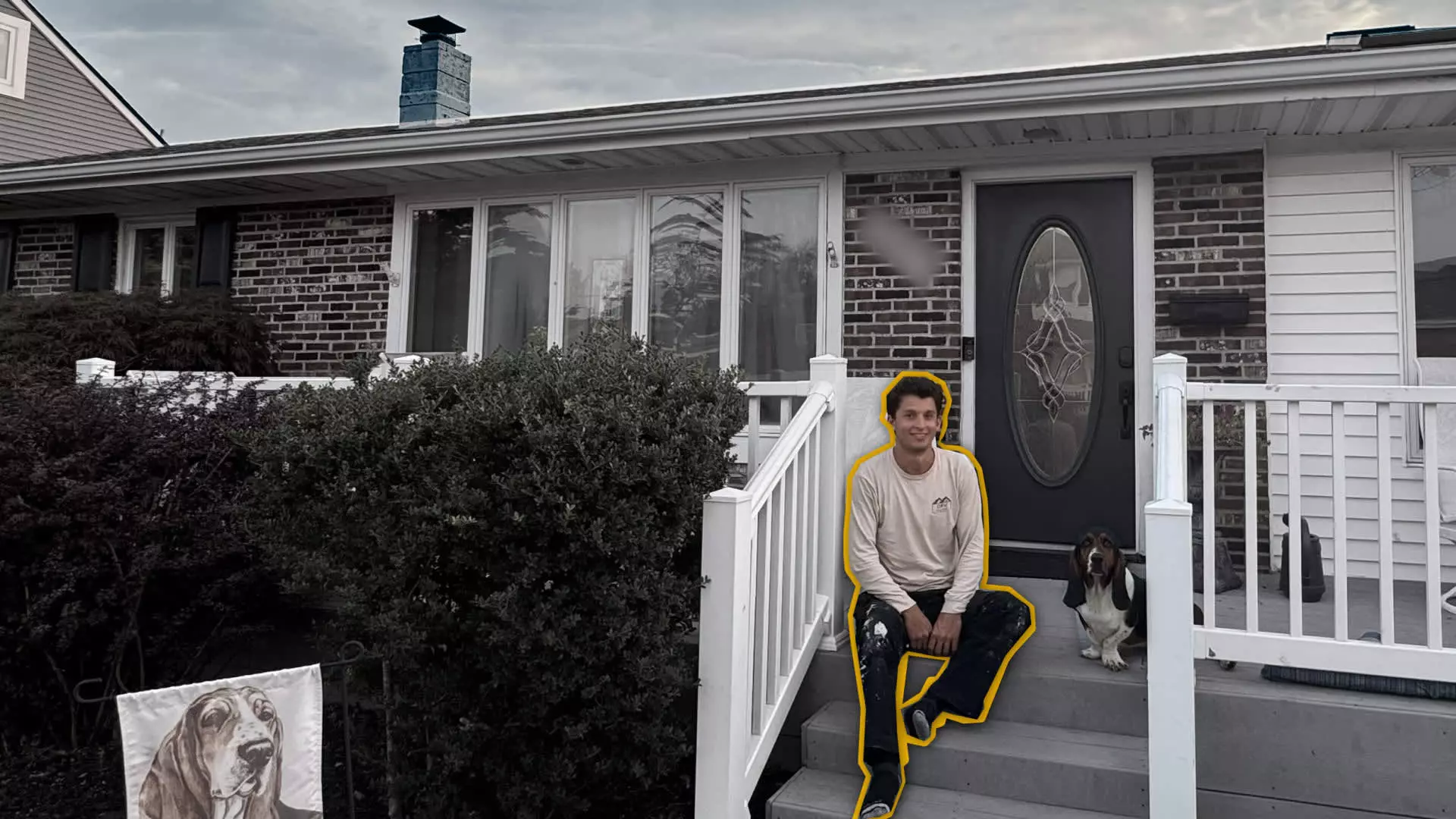In the evolving landscape of real estate, Generation Z is carving out an unexpected trajectory. As reported by Redfin, in 2023, the homeownership rate among 24-year-olds in Gen Z is notably higher than that of their millennial and Generation X predecessors at the same age. Specifically, 27.8% of Gen Z homeowners stand in stark contrast to 24.5% of millennials and 23.5% of Gen X during their peak homebuying years. This shift suggests a significant change in economic behaviors and attitudes towards property acquisition among younger generations, something that warrants deeper analysis.
For many young adults, the decision to purchase a home is fraught with uncertainty. Dominic Verrichia, a 24-year-old homeowner, expressed feelings of doubt as he navigated the complexities of buying his home. His experience underscores a common sentiment among first-time buyers who grapple with financial anxieties in a climate where mortgage rates have surged higher than in previous years. This psychological aspect illustrates a fundamental barrier: the fear of making a financial misstep in a volatile market. These emotions can be compounded by the high stakes associated with homeownership, especially for those with lower incomes, a demographic that currently typifies much of Gen Z.
Despite facing these challenges, nearly three-quarters of Gen Z individuals express a strong desire to purchase a home within six years, as reported by Rocket Mortgage. This ambitious goal highlights a determination to own property, even amid economic pressures that have made the housing market increasingly inaccessible. Jessica Lautz, chief economist at the National Association of Realtors, notes that the current housing crisis stems from a persistent shortage of available homes combined with rising costs. This dynamic creates an equation that could puzzle even the most seasoned real estate analysts, as interested buyers encounter a dual hurdle: limited inventory and soaring prices.
What does this trend of rising homeownership rates among Generation Z imply for the broader housing market? As this demographic continues to grow their presence, we may witness shifts in the types of homes being built and the financial products available to potential buyers. Developers and lenders will need to consider the specific needs and preferences of this group, largely characterized by their desire for affordability and flexibility in housing options.
Moreover, as Gen Z begins to settle, they could reshape urban landscapes by prioritizing sustainable and community-oriented living spaces. Their lens on property will be distinct, influenced by a commitment to inclusivity and environmental considerations. In turn, this could lead to a reimagining of neighborhoods, fostering areas that embrace digital connectivity alongside traditional neighborly interactions.
Overall, the rise of Gen Z in the housing market not only challenges previously established norms but also suggests a turning tide in economic behavior among young adults. Their approach toward homeownership, while marked by challenges, reflects a resilience and urgency for stability in an uncertain world. For stakeholders in real estate and financial sectors alike, understanding and adapting to the aspirations and needs of this generation will be vital in navigating the future housing landscape.


Leave a Reply